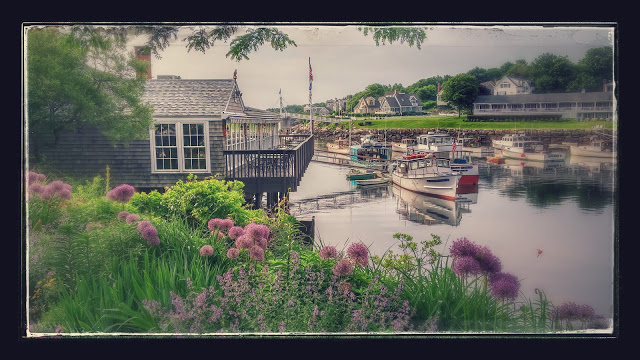The Battle of Boredom

Is boredom necessarily a negative experience? Often we view boredom with a certain distaste or dread, which leads to the conclusion that it is not good to be bored. Yet, if probed more deeply, this distaste might reveal itself as fear, perhaps a fear of silence or the absence of entertainment.
Why do we fear silence and what about it do we fear? Since fears are often irrational, we must consider whether this is a sensible fear, and if so, whether it is worthwhile to act in obedience to this fear. I think the fear of silence is increasingly prevalent in a world dominated by noise. The more normal it becomes to live with this “noise” as our constant companion, the less likely we are to recognize the fear of silence as fear at all. It might instead be defined positively as a desire for stimulation or some more productive and efficient use of time.
Yet we are losing something inestimably important when we simply let silence slip out of the equation and repress the fear that forbids its existence. Silence can be connected to openness, to self, and to being. I want to discuss openness first. Silence necessarily involves space and time, space and time that are unfilled though they have the capacity to be filled. This can be looked at both negatively and positively, and for now, I am just going to speak about the former. Openness can be seen as negative because it is unpredictable. Something that is unfilled could become filled with anything, whether desired or undesired. Such a something also lacks a fixed structure or predetermined shape. This ties into our terror of the unknown. We constantly grasp after control- we want to be able to control and manage our lives and to do so with certainty. But silence necessarily requires that we relinquish some measure of control, that we are open to the moment that is itself open. Silence can surprise us; it can deviate from our desires.
Read more








